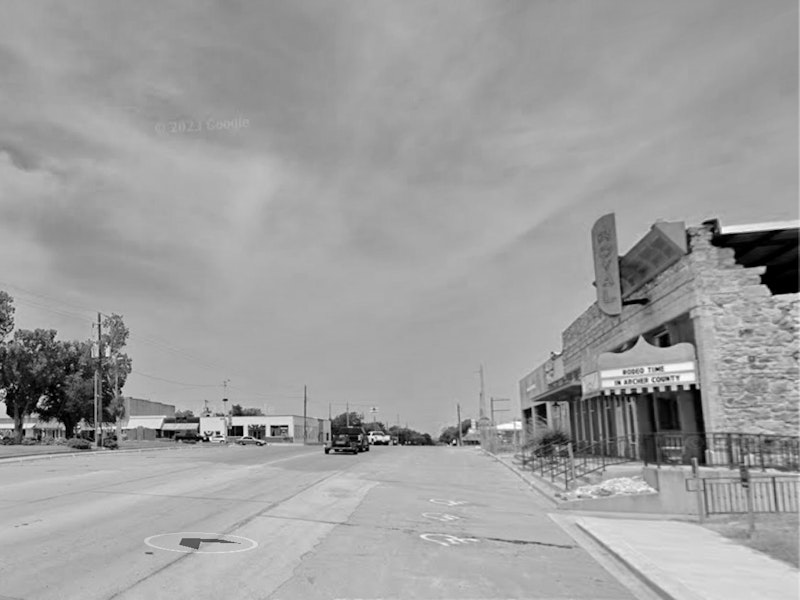“White privilege.” “Whiteness.” These words started in ivory towers and trickled down into everyday life like runoff from a busted sewer line—into HR trainings, TED Talks, and celebrity interviews. They’re supposed to explain America’s racial hierarchy, but often they just leave people scratching their heads. Sometimes they’re pissed off.
Take a kid from a trailer park in rural Missouri. Tell him to “check his privilege” and he’ll probably laugh: Check what? The balance on my EBT card?
What was once meant to spark reflection has hardened into a script: confess your sins, admit your advantage, repent. Ian Tuttle at National Review mocked it as an “omnipotent, omnipresent force.” He was exaggerating, but wasn’t wrong about how the rhetoric lands. For a lot of working-class whites, “white privilege” doesn’t feel like an invitation to think—it’s an order to shut up.
Some of us were born white—but poor. Rural poor. Iron County, Missouri poor. And that’s a whole different story.
James Baldwin once wrote, “Being white means never having to think about it.” But we’ve always had to think about it. We think about it when we’re called redneck or hillbilly. When our accents mark us as ignorant. When sitcoms turn us into jokes and documentaries into punchlines. When the only people who look like us on TV are slack-jawed yokels or meth heads on Cops.
That’s not invisibility. That’s humiliation. That’s Du Bois’s double consciousness by another name—seeing yourself through the eyes of people who despise you.
bell hooks nailed this years ago: the “white underclass” isn’t just ignored; it’s used. It’s the backdrop against which wealthier whites prove how cultured and progressive they are. Tressie McMillan Cottom says: “Whiteness is a resource. And like all resources, it is unevenly distributed.” Some people inherit an Ivy League pipeline. Some inherit a double-wide with black mold in the bathroom.
Peggy McIntosh’s “invisible knapsack” of privilege? Most of us in rural Missouri never carried it. We carried food stamps, duct-taped sneakers and shame.
In the 2010s, Iron County and Ferguson, Missouri had nearly identical median family incomes—around $38,000. One became a national story. The other barely a footnote. Iron County’s economy runs on prisons, state facilities, and tourists passing through. Privilege? Try dependency. Not chosen. Imposed.
This doesn’t mean whiteness isn’t real or powerful. But whiteness isn’t one-size-fits-all. As historian Nancy Isenberg wrote, “Some whites have always been more white than others.”
That’s why the blanket way we talk about “white privilege” backfires. It doesn’t make poor white kids more reflective. It just makes them feel invisible, disposable, guilty for a legacy they never cashed in on. And it lets the real privilege—zip codes, generational wealth, prep schools, the Ivy League pipeline—off the hook.
I checked my privilege. I looked in the cupboards, under the couch cushions, in the seat cracks of the pickup. Couldn’t find it. And I’m not apologizing.
I clawed out of rural poverty, not because I was white, but because I refused to quit. If we’re serious about privilege, let’s talk about class. Let’s talk about how rural people of all races get discarded, mocked, and politically silenced. Until then, don’t tell me to check my privilege.

